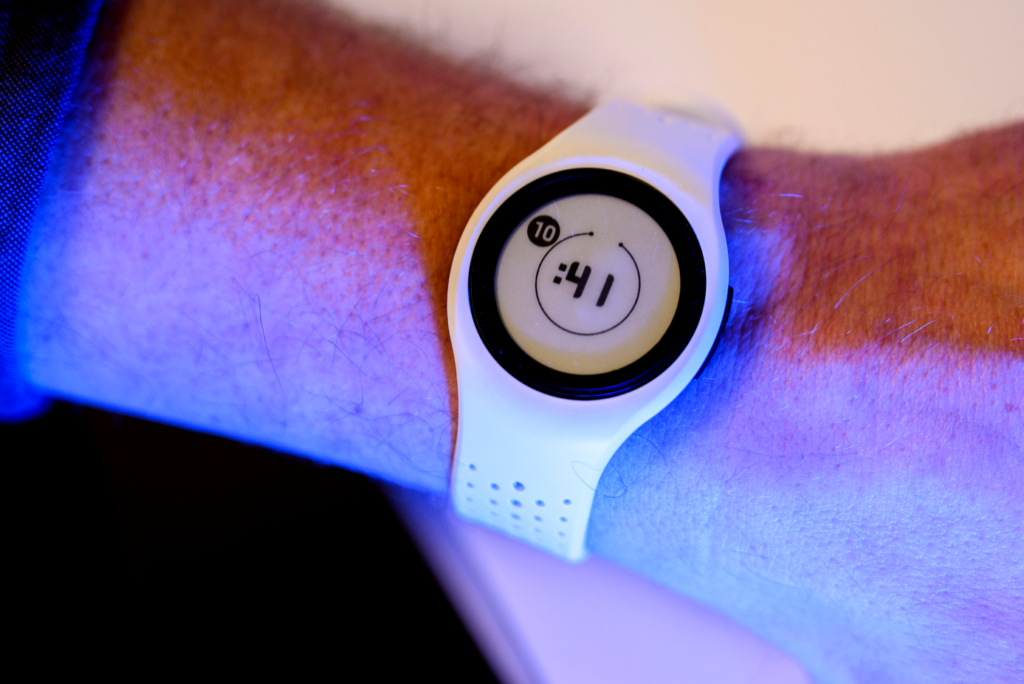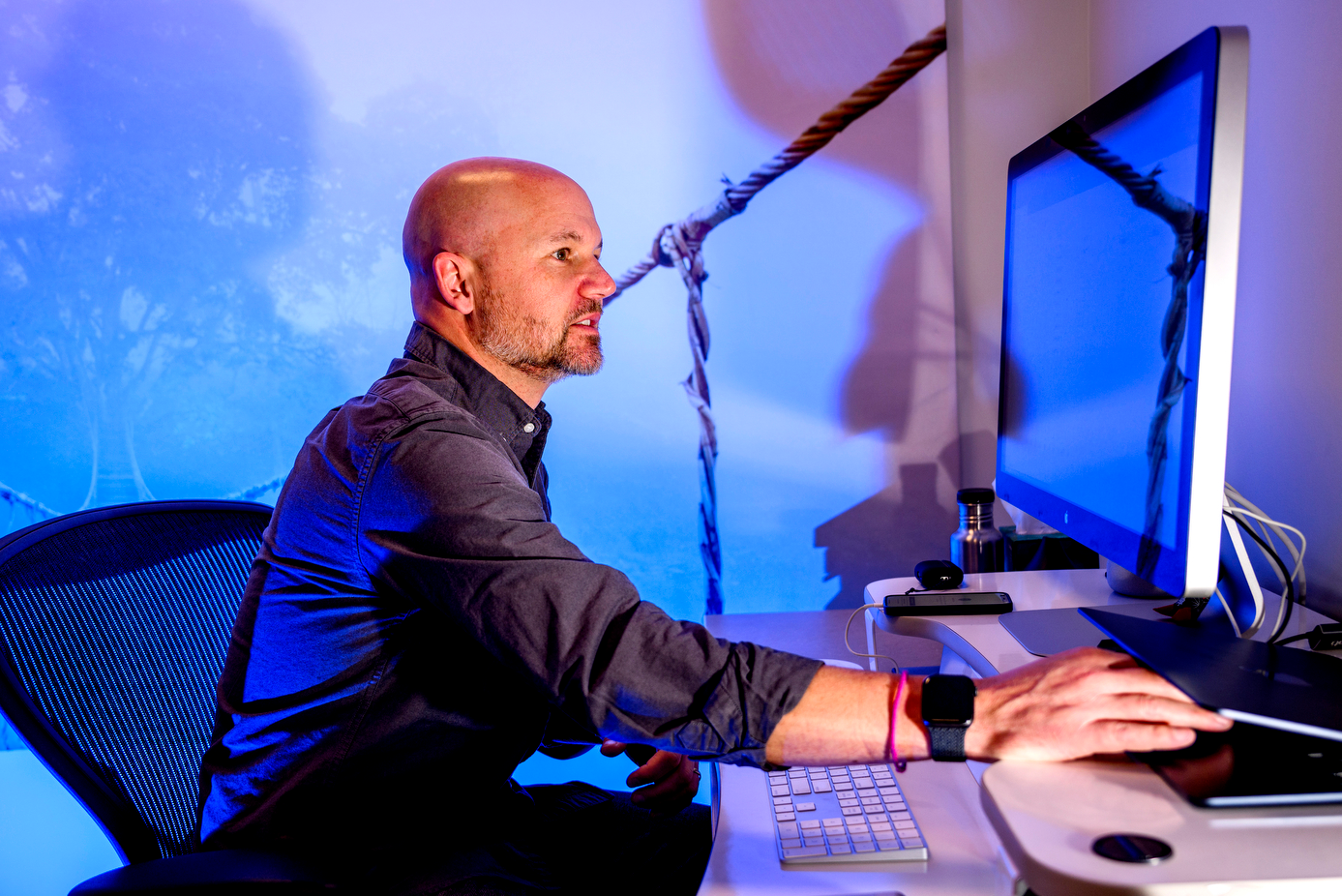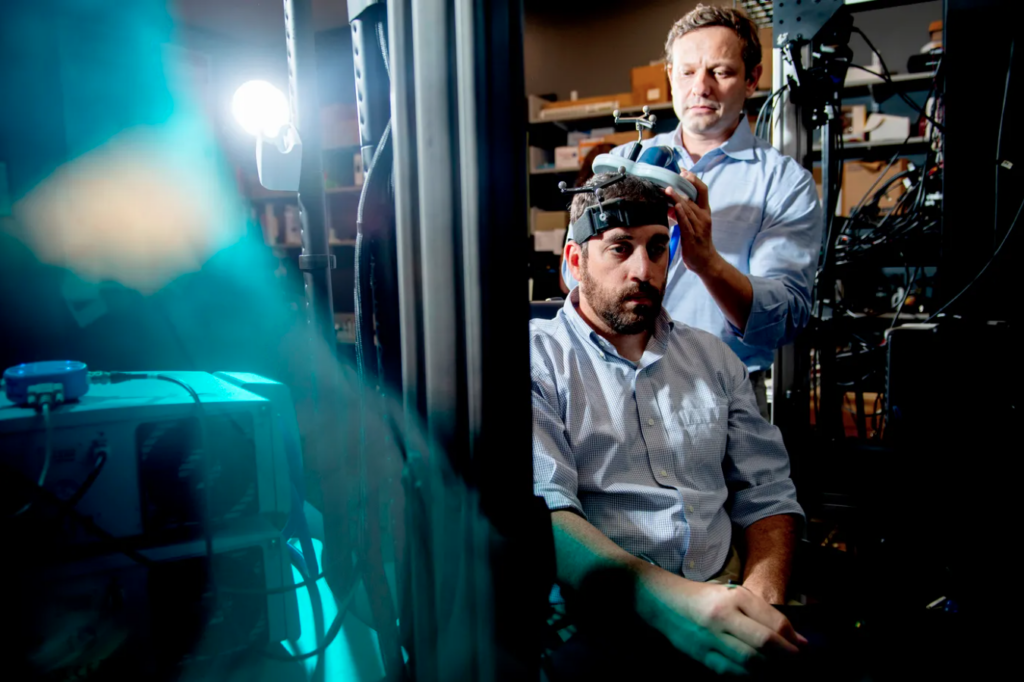It comes “out of the blue.”
That’s a frequent refrain by caregivers of individuals with profound autism who regularly become aggressive and violent.
But what if such behavior could be predicted? How many 911 calls, injuries or volatile situations could be avoided?
Northeastern University professor Matthew Goodwin recently published a study in JAMA Network Open demonstrating that aggressive behavior by youth with profound autism can be predicted 3 minutes in advance and with 80% accuracy using biosensor data and machine learning.
Biosensors can detect certain physiological changes that can indicate possible aggressive behavior.
“Three minutes is enough time to do something,” says Goodwin, an interdisciplinary professor with Northeastern’s Bouvé College of Health Sciences and Khoury College of Computer Sciences. “If caregivers know (incidents) are going to occur before they happen, they can stop whatever they’re doing, make sure they have eyes on their child, rearrange the environment to make it safe, and they can try to engage in de-escalation strategies — pre-emptive interventions — where aggression is not the only means for a child to meet his or her needs.”
Continue reading at Northeastern Global News.





